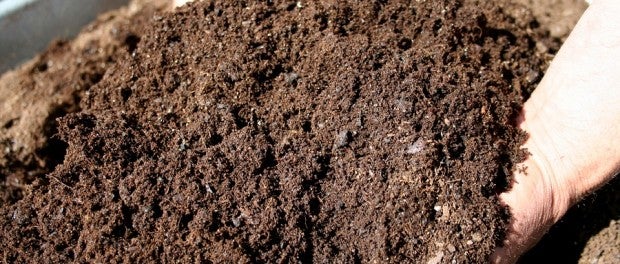Natural Fertilizer Options for the Farm

When growing crops on the farm, one of the most important components is fertilizer. Since organic farming is gaining popularity, so are options for natural fertilizer. In order to adhere to organic standards, there are only certain items that can be added to soil. This means avoiding many of the products at your local farm and garden center and instead thinking outside the box. If you are unsure as to what this entails, checking out the Organic Materials Review Institute’s approved materials list is the best place to get an understanding.
In order to successfully grow healthy, plentiful crops, it is imperative that you achieve a certain soil health. To do this, just the right balance must be achieved when it comes to pH, nitrogen, phosphorus, potassium, and the like. This means knowing not only what your soil already has, but also what it needs. This will enable you to select the right natural fertilizer to suit your needs such as those discussed below, all of which are considered organic types of fertilizer.
A trusty standby of farmers everywhere is compost. You can buy it or make your own, but provided only organic materials go in, only organic compost will come out. Compost is great for a slow nutrient release and helping soil with water retention. Just be sure to allow compost enough time to fully break down before using. A good way to process your own compost is with a three bin method or even through the use of worm bins.
Another historically used natural fertilizer is manure. Whether it is from goats, cows, or chickens, people love the thought of repurposing that manure pile and often into the garden it goes. When using manure, however, there are a few things to remember. For starters, you don’t want to retain bedding (such as commercially sold shavings) in your manure pile because of possible chemical exposure in its origins. Also, manure should be allowed six months or so to age so that it does not burn crops. If you use manure, just be prepared for possible weeds because what the animal eats ends up in the manure and that could include seeds capable of germinating.
When fish and/or fish byproducts are exposed to heat and acid, the end result is fish emulsion fertilizer. On the opposite side of the coin but still involving fish is hydrolyzed liquid fish fertilizer, which hails from a process that uses enzymes as opposed to heat. Both have benefits such as nitrogen, phosphorus, potassium, but the fish emulsion may result in a bit of revulsion on your part as it does have an unpleasant odor whereas the hydrolyzed liquid fish does not.
Speaking of that which comes from the water, liquid kelp is another natural fertilizer option that can help give your soil what it needs. It takes on a fertilizer form when plucked from the ocean and sent through cold processing. The end result in mixed with water and is capable of infusing both plants and soil with nutrients and growth hormones that take effect immediately upon application.
If you feed alfalfa to your livestock, you’ve likely seen them blossom under its effects. Animals gain weight and get shiny coats when fed alfalfa, so why not feed it to your crops as well? Alfalfa meal is loaded with nutrients that can aid in soil fertility and plant growth. There is a bit of a waiting period while it decomposes and is fully absorbed to the tune of three to four months, but once it kicks in, the benefits will be quite clear.
These are some great options, but they are far from the only natural fertilizer choices you can make for your garden. In fact, if processing animals is part of your routine, you can even try blood or feathers as fertilizers provided the latter is given ample time to break down prior to use. No matter what your preference is, there in a natural fertilizer option for you that will keep your crops going long, strong, and chemical free.







 Your Privacy Choices
Your Privacy Choices
Leave a comment